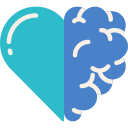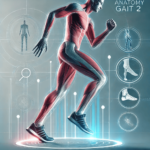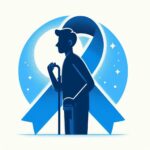-
 Videos
Videos
-
 Slides
Slides
-
 Summaries
Summaries
🗃️ Recall
-
 Cornell notes
Cornell notes
-
 Flash cards
Flash cards
-
 Quiz
Quiz
-
 MCQ & MEQ
MCQ & MEQ
Depression
🌟 Cues
- Definition of Depression
- Symptoms of Depression (Behaviors, Thoughts, Feelings, Physical Symptoms)
- Diagnostic Criteria (DSM-5)
- Main Causes (Psychosocial and Biological)
- Management of Depression
🗒 Notes
Definition: Depression is a state of low mood that negatively affects thoughts, behavior, feelings, and physical well-being. It may not always be a psychiatric disorder, as it can be a normal reaction to life events or a symptom of other medical conditions (e.g., hypothyroidism, post-stroke).
Symptoms:
- Behaviors: Withdrawal from family/friends, reliance on substances, stopped enjoying activities.
- Thoughts: “I’m a failure,” “Nothing good happens,” “Life isn’t worth living.”
- Feelings: Overwhelmed, unhappy, irritable, guilty, sad.
- Physical: Constant fatigue, headaches, insomnia, weight changes.
Diagnostic Criteria (DSM-5): Requires 5 or more symptoms present for 2 weeks, including depressed mood and loss of interest. Must cause significant distress or impairment, not attributed to substances or medical conditions.
Main Causes:
- Psychosocial: Abuse, personal conflicts, loss of loved ones, major life events.
- Biological: Genetics, neurotransmitter dysfunction (noradrenaline, serotonin, dopamine), stress hormones, decreased brain activity.
Management:
- Mild: No medication needed, support groups, exercise.
- Moderate to Severe: Antidepressants (SSRIs, SNRIs, TCAs), psychotherapy (CBT).
- Other interventions: ECT, neurosurgery, spiritual practices, nutrition, exercise, social support.
📝 Summary
Depression is a complex condition that affects multiple areas of life. It can be caused by a combination of psychosocial and biological factors. Treatment options range from lifestyle changes and therapy to medications and advanced interventions. Early diagnosis and a holistic approach to management are crucial for improving outcomes.
This quiz is for logged in users only.

Time's up




